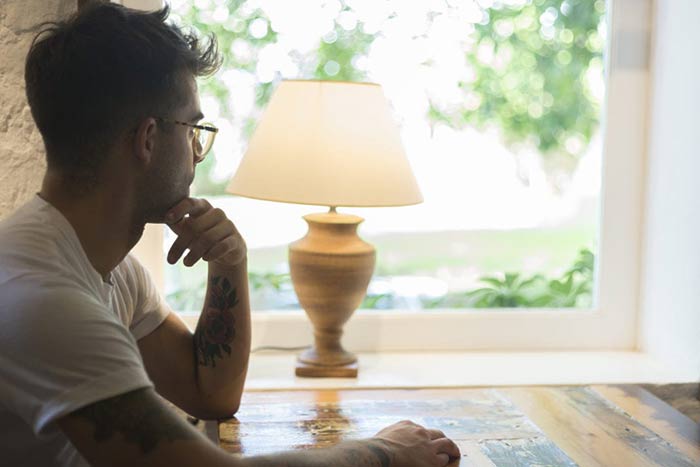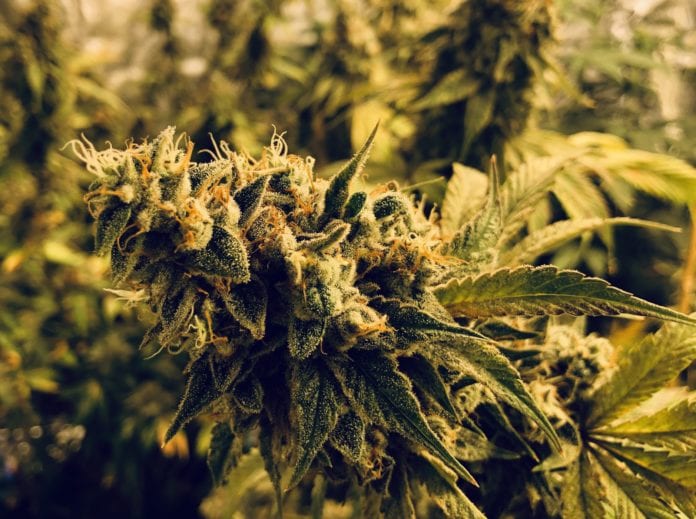Susan counts the pills in her oxycodone bottle again. It confirms her suspicion. She’s been running out faster than before, even though she is taking them precisely how her doctor instructed. Susan has noticed that her 19-year-old son has been using the master bathroom instead of the one next to his room. He becomes furious when she asks if he knows anything about the missing pills. A few days later, Susan finds a bag of unknown medications in his coat pocket. When asked, he says they are for some allergies he recently developed. Susan can tell he isn’t being truthful. She has read about the opioid crisis. The thought that her son might be caught up in it is deeply distressing. What can she do?
Every year, thousands of parents are concerned about their child’s substance use. Young adults are at particularly high risk for using substances in dangerous and potentially lethal ways. In 2017, 14.8% of U.S. young adults qualified for a substance use disorder diagnosis. Alcohol, marijuana, cocaine, and opioids (including heroin and pain relievers) are among the most commonly used. To make matters worse, young adults often do not realize or are in denial of, their addiction problems. Many rationalize their use by comparing themselves to other substance-using peers. Unfortunately, young adults will often only volunteer to enter treatment after a negative life event that was associated with their substance use, or are encouraged to by their family members.




